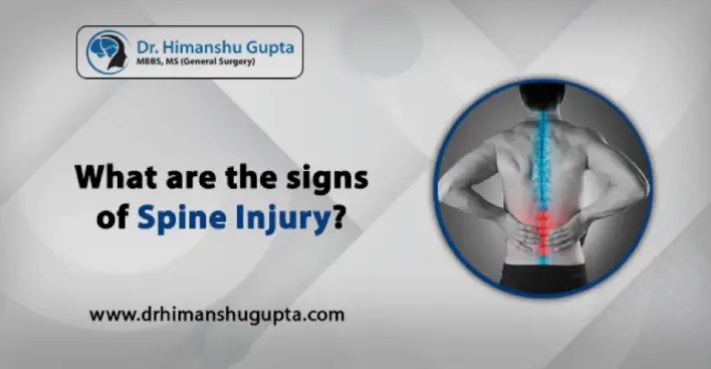A spinal cord injury (SCI) can have profound effects on sensory functions and reflexive responses, impacting an individual's quality of life. This article delves into the various aspects of SCI effects, including sensory loss and reflexes, while also exploring treatments, causes, and prevention strategies.
Causes of Spinal Cord Injuries
Spinal cord injuries often result from traumatic events like car accidents, falls, sports injuries, or acts of violence. These injuries can lead to damage or compression of the spinal cord, disrupting nerve impulses and causing sensory and motor impairments. Understanding the causes is crucial for prevention and early intervention.
Effects on Sensory Perception
One of the primary consequences of spinal cord injury is sensory loss. Depending on the location and severity of the injury, individuals may experience partial or complete loss of sensation below the injury site. This can affect the ability to perceive touch, temperature, and pain, leading to challenges in daily activities and increased risk of secondary complications.
Reflexive Responses and Motor Function
Spinal cord injury can also impact reflexive responses and motor function. Reflex activities like involuntary muscle contractions and spasticity may become exaggerated or altered. Loss of motor function can result in paralysis or weakness below the injury level, affecting mobility and independence.
Treatments for Spinal Cord Injury
-
Surgical Interventions: In cases of severe spinal cord injury with compression or instability, surgery may be necessary to relieve pressure on the spinal cord and stabilize the spine. Dr. Himanshu Gupta specializes in advanced surgical techniques aimed at restoring spinal function and preventing further damage.
-
Rehabilitation Therapy: Physical therapy and occupational therapy play critical roles in spinal cord injury recovery. These therapies focus on strengthening muscles, improving range of motion, and relearning daily activities to enhance independence.
-
Medications: Medications may be prescribed to manage pain, spasticity, and other symptoms associated with spinal cord injury. Dr. Himanshu Gupta provides personalized medication plans tailored to each patient's needs.
Prevention Strategies
While not all spinal cord injuries are preventable, certain precautions can reduce the risk:
- Safety Measures: Always wear seatbelts in vehicles and use protective gear during sports or recreational activities.
- Fall Prevention: Install handrails, use non-slip mats, and keep walkways clear to prevent falls at home or in public spaces.
- Avoiding Risky Behaviors: Avoid reckless driving, excessive alcohol consumption, and risky physical activities.
Conclusion
In conclusion, spinal cord injury effects, including sensory loss and reflexive responses, can significantly impact an individual's physical and emotional well-being. Dr. Himanshu Gupta, a distinguished spine surgeon in Jaipur, specializes in comprehensive spine injury treatment in jaipur, offering advanced surgical solutions and rehabilitation strategies to help patients regain function and improve their quality of life. By understanding the causes, treatments, and prevention strategies associated with spinal cord injuries, individuals can take proactive steps to mitigate risks and promote spinal health.


No comments yet